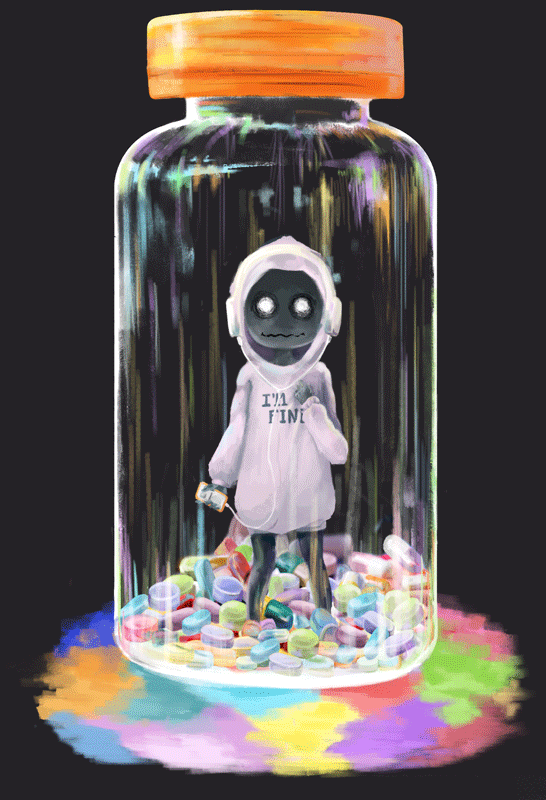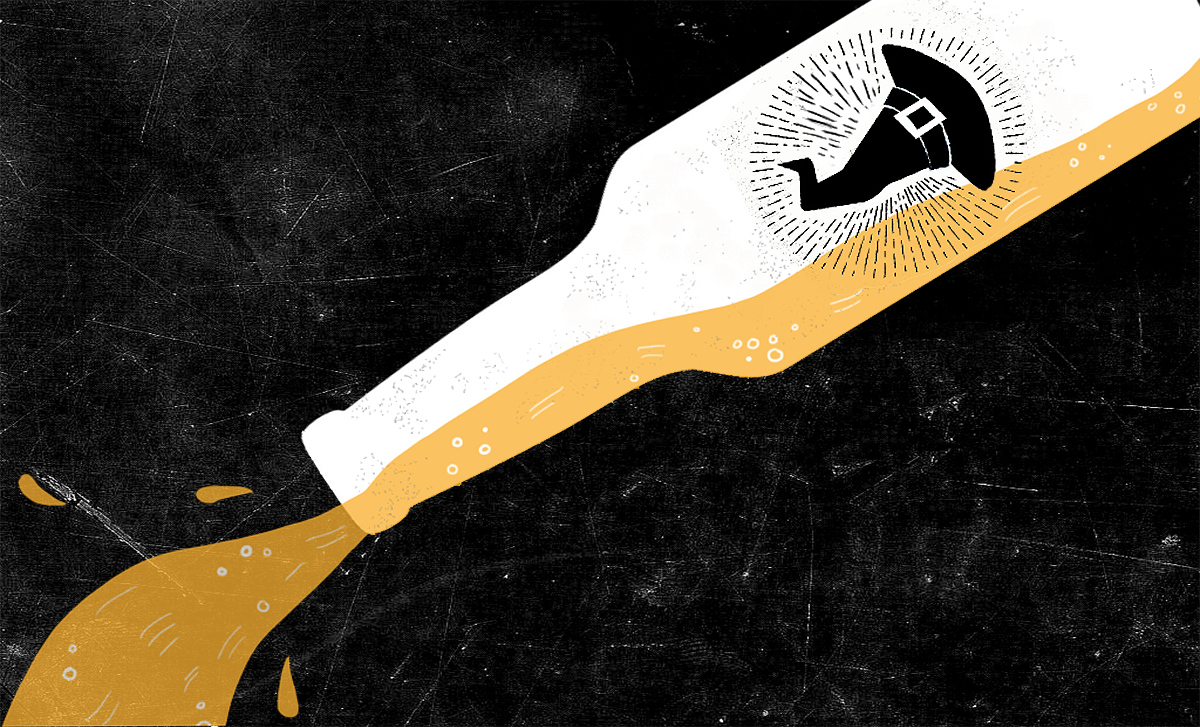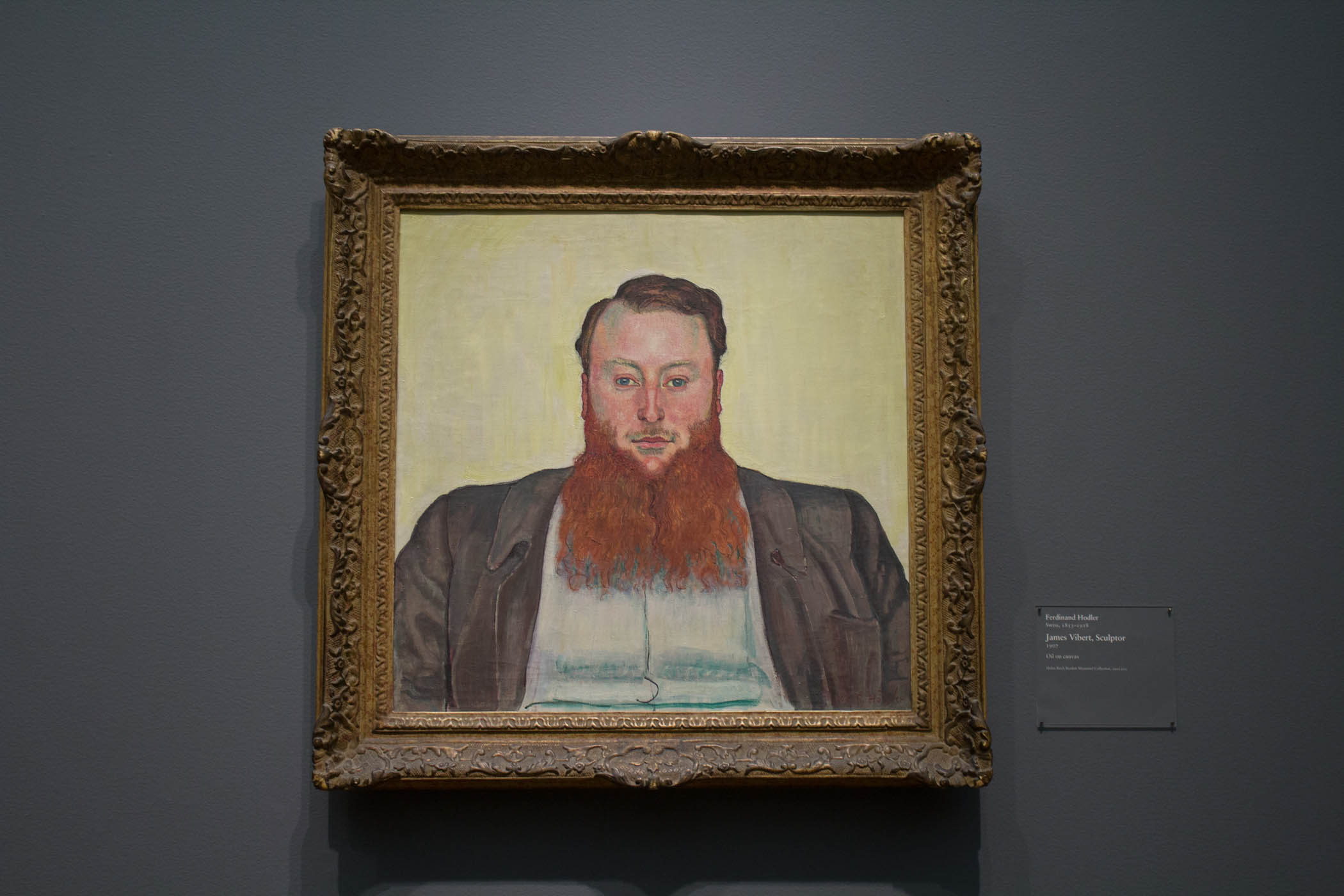
There’s a high probability that Millennials and Gen Zs are hiding their true selves behind a self-deprecating demeanor, rather than directly addressing the emotions that are being experienced.
The mental health issues within today’s young adults are more publicly discussed but limited to a shallow surface conversation on social media. We see and hear people speak of their depression and anxieties but have yet to find those who are willing to be truly vulnerable, and specify what triggers them and what kinds of healthy measures they are taking to improve their mental health status.
We are willing to open up on social media about mental illness — we see floods of comments on how others relate to these issues. However, we’re only willing to open up after overcoming the battle. So the cycle continues: fighting alone, and not asking for help until it’s too late. The coping mechanisms people use while grappling with mental illness are cause for concern.
Today, young adults are turning to illicit as well as controlled substances like Xanax, Klonopin, Fentanyl, Molly and even cough syrups such as Lean (a combination of prescription-strength cough medicine, fruit-flavored candy, and soft drinks).
According to a study by The Centers for Disease Control and Prevention (CDC), around 115 Americans die every day from an opioid overdose. The CDC has been recording this data since the 1990s. Deaths from overdose continue to rise, especially among the millennial generation, born (roughly) between 1980-1995. It should be conceded that drug abuse is not a new phenomenon. The rampancy of pill-related overdoses has come in waves; What is the fate of a generation that glorifies substance abuse? In a society where we are more progressive about aligning physical and mental health, drug glorification should not be put on the backburner.
Many popular artists discuss their pill abuse in their songs. This is important because music directly affects our psyche and how we view popular culture, according to the US National Institutes of Health. For instance, listening to sad songs might make us feel sad. Although this is not to say that listening to a song about drugs will make us want to go out and do drugs, it definitely might affect our personal views of drugs and the fast-paced, drug-driven, partying lifestyle that is often minimized to “just having fun and being young.”
The US National Institutes of Health reports that “we all hear the music we like as something special, as something that defies the mundane, takes us out of ourselves, puts us somewhere else. Thus, music may provide a means of escape.” This being considered, the idealization of pill abuse is very much prevalent in various genres of music, so maybe both music and pill culture go hand-in-hand with escapism as the main appeal: the idea of freeing oneself from their mental health struggles. I believe these substances are mainly a way to suppress genuine feelings of isolation or loneliness, or a way to party and soak up the moments of youth while neglecting all of the negative emotions related to the stresses of college and everyday life.
Thinking back to earlier music depicting drug use, Mother’s Little Helper (1966) by The Rolling Stones talks about the use and abuse of Valium throughout a mother’s daily life:
Mother needs something today to calm her down
And though she’s not really ill
There’s a little yellow pill
So the issue is not new. Constantly, we hear about the use of these substances. Praised in rap music such as Lil’ Pump’s “Drug Addicts,” Pump nonchalantly brags about his friends being drug addicts. He says: “I pop a lot of Molly for my breakfast.” This music is fun to indulge in due to its fantasy-appeal and escapism, but where do we draw the line between the fictionalization and reality? The artists such as Lil Pump, Lil Xan, and Lil Peep glorify substance abuse that millennials might play into.
Singer Demi Lovato, who is an open book when it comes to her health, has also opened up about her struggles with drug addiction and mental health problems through her emotionally driven song Sober. Lovato’s Sober is one of the few songs that seem to have a more honest description of what it is like to experience struggles with drugs and depression.
I got no excuses
For all of these goodbyes
Call me when it’s over
‘Cause I’m dying inside
Wake me when the shakes are gone
And the cold sweats disappear
Call me when it’s over
And myself has reappeared
My earliest memory of losing a favorite artist to overdose is Amy Winehouse. She became popular after her catchy, haunting tune Rehab. She tells the story of how “they tried to make me go to rehab but I said no, no, no.” More recently, we have the tragic death of artist Mac Miller due to overdose. It puts into perspective how many artists are dealing with drug abuse and how we often do not hear about it until it’s too late.
In a society where mental health is a huge topic of discussion, drug abuse in lyrics are often diminished to a cynical joke instead of seen as a symptom of the crisis at hand.







